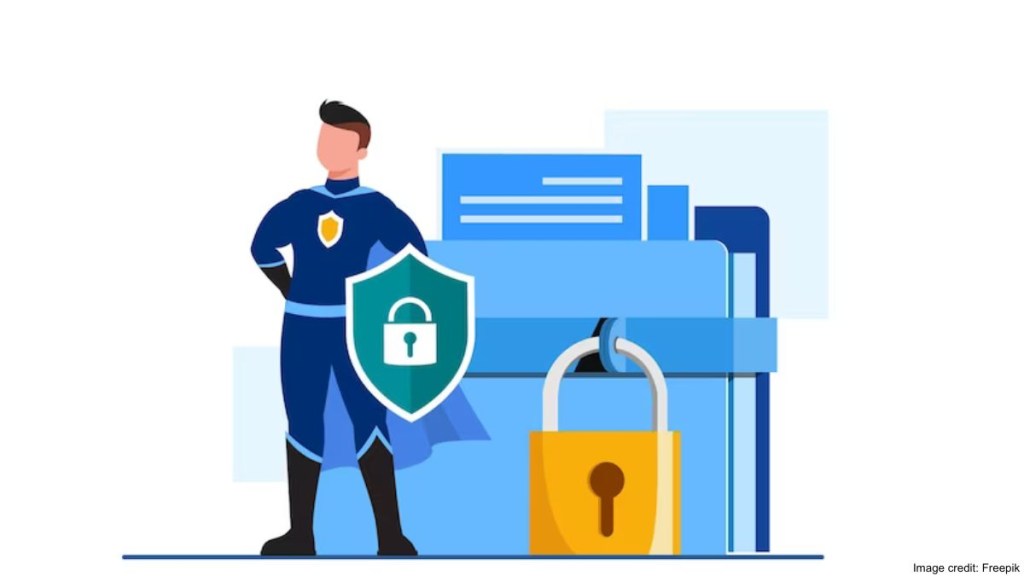Technology is expected to become an integral part of our lives in this hyper-virtual world. However, this evolution can also create scope for threats to access sensitive information for their own benefit. Experts believe in India’s healthcare sector, securing sensitive data demands careful protective measures. Solutions such as Digilocker, empower individuals with control while enabling secure sharing with authorised parties. This is expected to not only enhance security but also enhance data collection methods as per users’ needs. “Digilocker enables uninterrupted accessibility, fortified by government-endorsed Aadhar authentication and a two-factor authentication protocol. This allows users to maintain their consent before sharing data,” Prashant Kashyap, co-founder and COO, Connect and Heal, a health-tech company, told FE-Transformx. It is believed that this is in alignment with data security compliance such as India’s Digital Personal Data Protection Bill (DPDPB), the United States Health Insurance Portability and Accountability Act (HIPAA) and the General Data Protection Regulation (GDPR) by the European Union, among others, thereby enhancing the reliance and integrity inherent in data management paradigm.
In 2022, there were about 707 publicly disclosed data breaches among healthcare firms, in which 51.9 million records were stolen. The sector accounted for 20% of all publicly-reported data breaches, making it the most vulnerable to cyberattacks, ahead of the public sector (16%), technology (11%), education (9%), and professional services (6%), as per insights from withpersona, a market research platform. According to the US government’s OCR (Office for Civil Rights), healthcare firms reported 145 data breaches in the first three months of 2023. Experts believe the adoption of DigiLocker for health records removes the transportation of cumbersome physical files. This paradigm not only enhances ease of use but also grants patients and caregivers the privilege to selectively share files with healthcare providers, streamlining relevance.
On August 30, 2023, Google announced that it would be including user-based government documents through the collaboration of DigiLocker and the Google Files app in India. According to the post, users will have to ‘connect to Digilocker’, log in on the Digilocker website and grant access to the Google Files app. Eventually, the app will retrieve all documents, including Aadhar, PAN, COVID vaccination certificate and driving licence, among others. “As DigiLocker is a secure cloud-based platform, making it available on mobile devices through the launch of it on Google Files will enhance its purpose for storage, sharing and verification of documents and certificates, among others. Moreover, it will make DigiLocker more accessible and easy to use,” Saurabh Bindal, partner with Fox Mandal and Associates LLP, a law firm, explained.
From what it is understood, DigiLocker‘s robust authentication protocols, multi-factor verification, and end-to-end encryption have the potential to add layers of defence against fraudulent activities. “The integration of biometric authentication in DigiLocker ensures that only authorised individuals can access the stored health data, significantly reducing the risk of identity theft and unauthorised disclosure. It is believed that the utilisation of such innovative tools in the healthcare sector marks a pivotal step toward a more secure and streamlined digital future,” Saroj Gupta, founder, CEO, MyDigiRecords, a health-data management organisation, concluded.








